
OR
Employees protest against the bill that seeks to serve vested interest of Ncell
Published On: April 7, 2023 07:00 AM NPT By: Tapendra Karki

KATHMANDU, April 7: The proposed amendments to the Telecommunications Act 2053 have met with significant resistance from employees. During internal discussions held within the Ministry of Information and Communication over the past few days, employees expressed vehement opposition, arguing that the draft bill would not serve the best interests of the nation.
During the discussion, the participants expressed their concern regarding the proposed amendment bill, stating that its passage in parliament would result in a significant financial loss to the state. Additionally, they highlighted that Ncell, along with other companies of similar nature, would be transferred to the private sector upon its ownership by the state. The participants emphasized that all companies operating under the provisions of the current Act should be owned by the Government of Nepal in accordance with the same Act. They objected to sub-section 3 of section 24 of the draft bill, stating that they would only discuss other sections after its correction.
During a discussion, an employee said, “The most dangerous subject is sub-section 3 of Article 24. The language there needs to be fixed. We cannot move forward without fixing it.” The draft in question refers to the integrated permit under section 24, sub-section 3, which states that individuals who have obtained a basic telephone service permit before the commencement of the Act will be deemed to have obtained an integrated permit in accordance with the Act. Ministry employees have argued that telecommunications companies that have received permission under the Telecommunications Act 2053 should operate under the same provisions, and any ownership transfers to the government should adhere to these provisions. Their contention is that the proposed provision is incorrect and could result in the loss of Ncell, which is expected to be owned by the Government of Nepal. "If we send this draft as it is, other companies that should come under the ownership of the Nepal government will also play tricks," said a joint secretary of the ministry.
Republica has been providing ongoing coverage regarding the draft bill proposed by the government to amend the Nepal Telecommunications Act. Within the ministry, employees have expressed objections during internal discussions on this matter. Specifically, they have raised concerns that the removal of the provision stating the Nepal government's ownership of the telecommunications industry serves to further the interests of Ncell, and creates a scenario in which the company cannot be owned by the government. Ncell was granted permission to operate under the Telecommunications Act of 2053, with a 25-year term limit. As per Section 25 of the same act, Ncell should automatically come under government ownership on 1st September, 2029.
The draft amendment of the Telecommunications Act 2053 has removed the provision stated in sub-section 1 of section 25 of the Act, which pertains to the duration and renewal of the permit. The sub-section previously stated that the license would have a maximum duration of 25 years. However, the draft has introduced a new section, named Integrated Permit, under section 24, and section 33 has been added to the Act of 2053. This section stipulates that the Government of Nepal will assume ownership of the land, buildings, devices, equipment, and structures related to telecommunication services, in which more than 50% of the total capital investment is invested by foreign or private organizations, after the permit period expires.
Moreover, the provision in section 33 of the Telecommunications Act 2053 has been relocated to section 42 of the 2079 draft. “There are concerns that this change could be dangerous, as it pertains to a company registered under the boot system, and the renewal period remains at 25 years. After the permit expires, the company is expected to be handed over to the government of Nepal. However, there are suspicions that the law has been manipulated, which have prompted calls for the Parliament to wait for a repeal and amendment before passing the law. The law should be stopped from the staff level,” an employee of the ministry stated.
What is a boot model?
The "build-one-operate-transfer" (BOOT) model is commonly used in the construction of large infrastructure and other public-private partnership projects. In Nepal, the BOOT model is generally understood as creating, owning, operating, and handing over a project to the government. The model can be implemented by any developer, whether foreign or domestic, who constructs the project in partnership with a government agency based on specific conditions or contracts.
Under the BOOT model, the developer company assumes ownership of the project for a defined period. The project is constructed based on a contract that designates the developer or construction company as the owner for a specified duration. The developer company is obligated to pay royalties and other fees annually to the government agency as specified in the contract agreement. If the contract agreement between the company and government agency includes a BOOT arrangement, the developer company must transfer the project's entire land to the government after a set number of years, as stipulated in the agreement. The contract outlines the developer's obligations and responsibilities, which are transferred accordingly.
At the end of the contract period, the developer must hand over the project to the relevant body unconditionally and without cost. Prior to the handover, an expert group reviews the project to ensure that all requirements have been met as per the report.
The private sector in Nepal has largely adopted the BOOT (Build-Own-Operate-Transfer) model for the development of hydropower projects. Typically, the construction phase of such projects spans a duration of 5 to 6 years. Once completed, these projects generate income and profits for a period of 25 to 30 years, as mandated by the Telecommunications Act of 2053. Post this term, all assets and liabilities of the company are to be handed over to the government agency. In adherence to this model, Ncell is required to transfer its liabilities to the government after 1st September, 2029.
You May Like This

Ncell to organize Ncell Mela in four cities
KATHMANDU, Dec 12: Ncell Pvt Ltd has announced that its annual Ncell Mela will be organized in four major cities... Read More...

Ncell distributes scholarships, excellence awards
KATHMANDU, June 20: Ncell has honoured students of various faculties of the Pulchowk Campus, Institute of Engineering (IoE), with Ncell... Read More...

Ncell launches Day Data Packs offer
KATHMANDU, Oct 5: Ncell, on the occasion of Dashain festival, has launched the Day Data Packs offer, giving its subscribers... Read More...





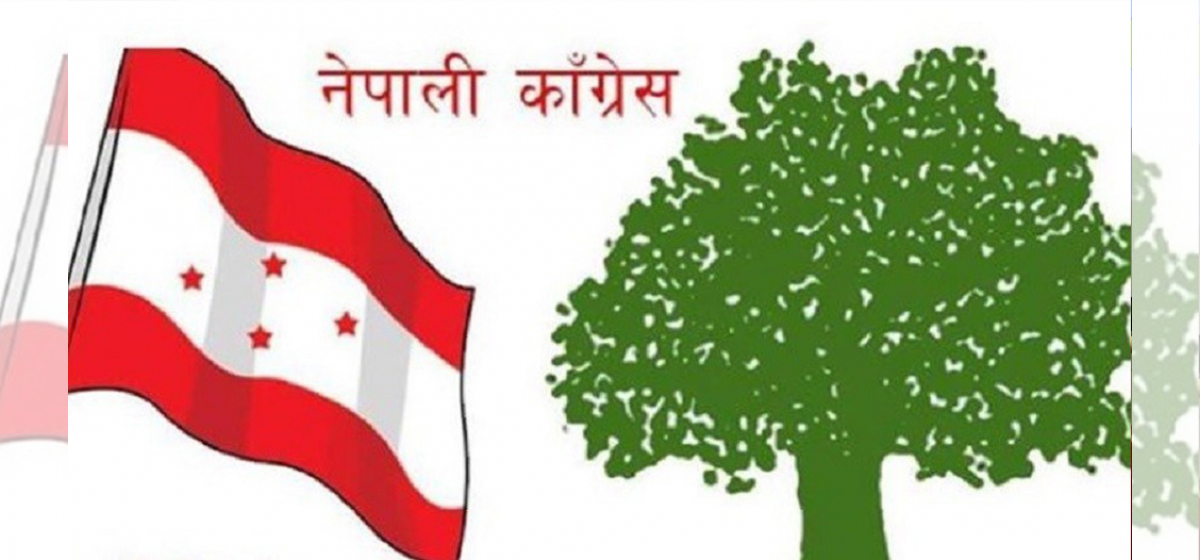

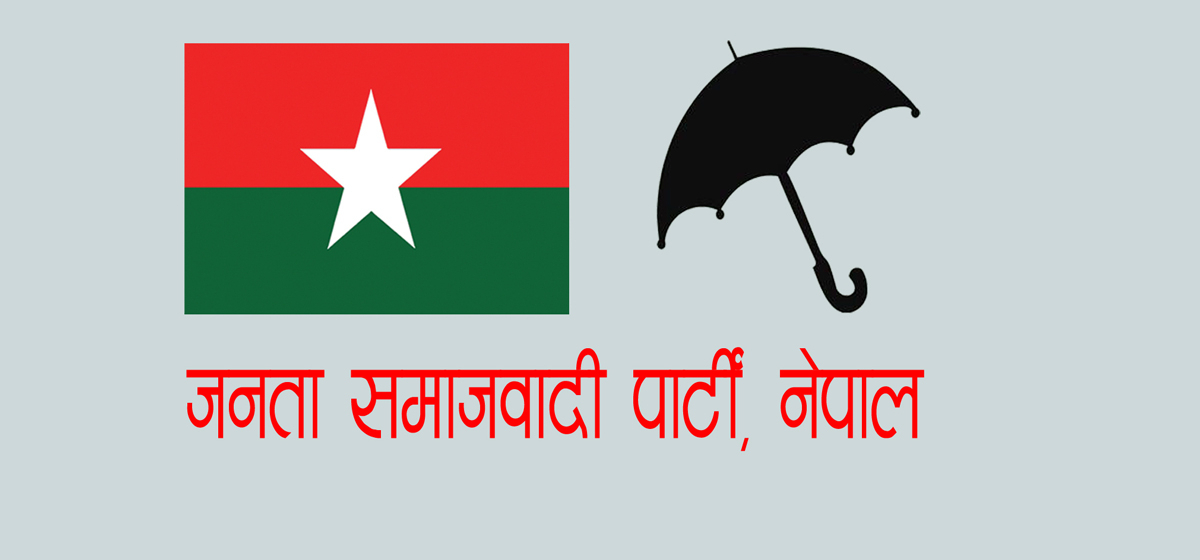
Just In
- Govt joins hands with Switzerland for sustainable tourism in Koshi Province
- NC to mourn demise of Gurung for three days
- Bagmati reports 38.92 percent budget expenditure
- Resunga-Kathmandu airfare rises amid fuel price surge
- NEPSE rises by 5.63 points, daily turnover increases to Rs 3.12 billion
- Govt ensures regular vaccination against cervical cancer from next fiscal year
- JSP Nepal calls CC meeting
- Newly-elected Sudurpaschim Province Assembly member Bhandari sworn in




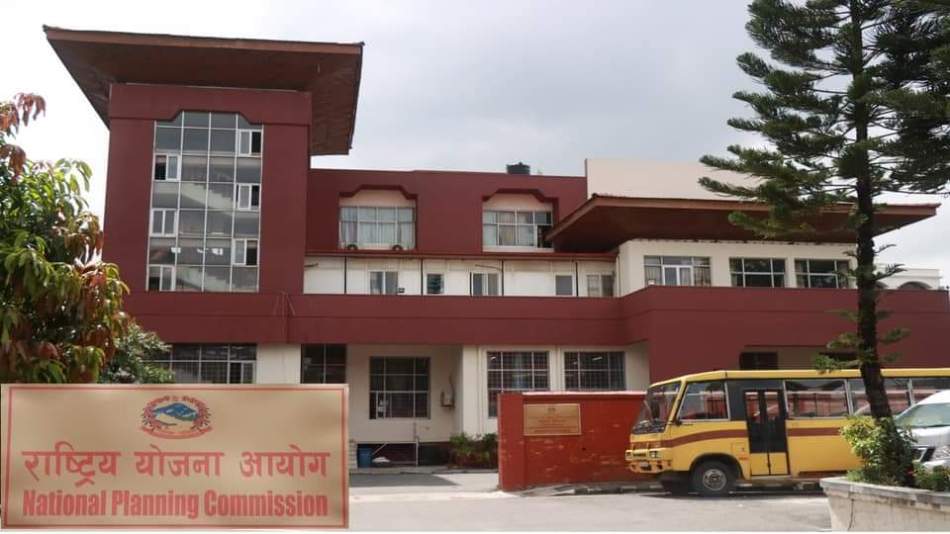

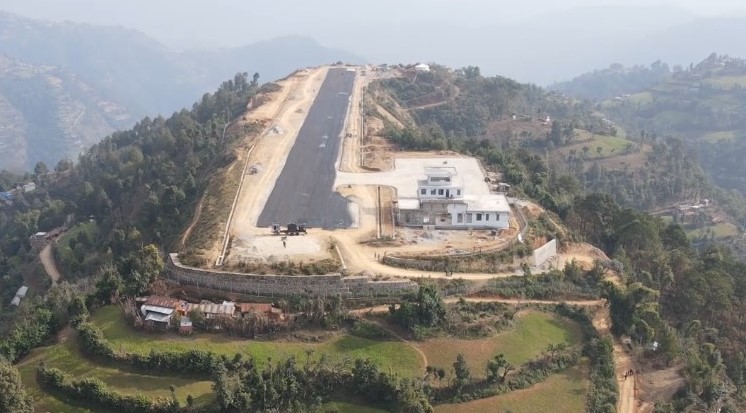


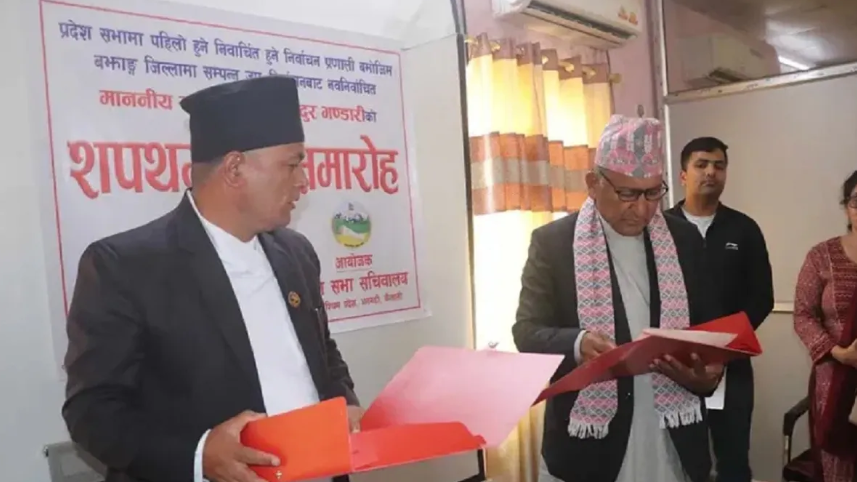
Leave A Comment